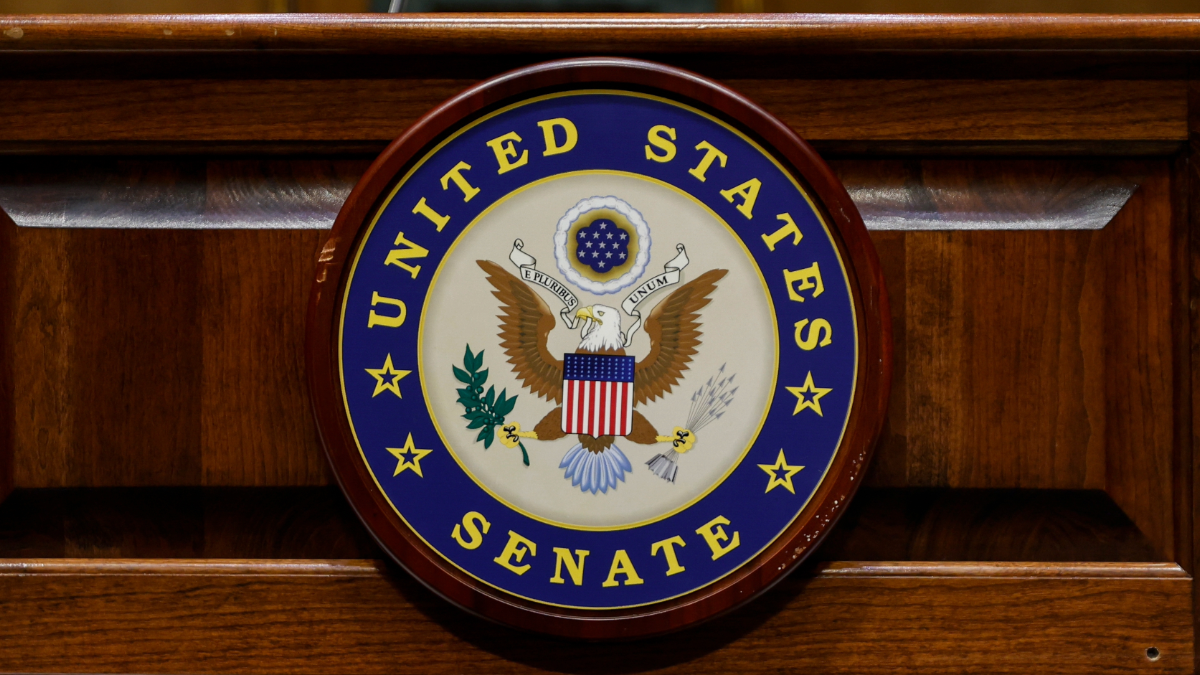Proposed Federal Moratorium on State AI Laws Clears Hurdle in US Senate
Justin Hendrix / Jun 22, 2025On Saturday, the United States Senate Parliamentarian determined that the proposed 10-year federal moratorium on enforcing state AI legislation contained in the budget bill has survived procedural scrutiny — known as the Byrd Rule — and will remain in the bill.
This ruling effectively shields the moratorium provision from a filibuster hurdle and allows it to advance through the budget reconciliation process with a simple majority vote. The path forward for the AI moratorium is now procedurally clear, pending broader negotiations over the bill’s contents.
If signed into law, the moratorium would mark one of the most significant federal actions on technology policy in decades. The moratorium provision was advanced inside the House version of the budget bill last month.
Earlier this month, Senate Commerce Committee Republicans tied the allocation of $42 billion in funding under the Broadband Equity and Access Deployment (BEAD) program to the moratorium.
Democrats are opposed to the measure. However, multiple Republican Senators have also indicated concerns or doubts, including Rick Scott (R-FL), Josh Hawley (R-MO), John Cornyn (R-TX), Marsha Blackburn (R-TN), and Ron Johnson (R-WI).
“I personally don’t think we should be setting a federal standard right now and prohibiting the states from doing what we should be doing in a federated republic. Let the states experiment,” Johnson told The Hill.
If the Senate version of the budget bill survives debate but ultimately differs from the House version, both chambers must reconcile those differences — either in a conference committee or by one chamber passing the other’s version.
Authors

